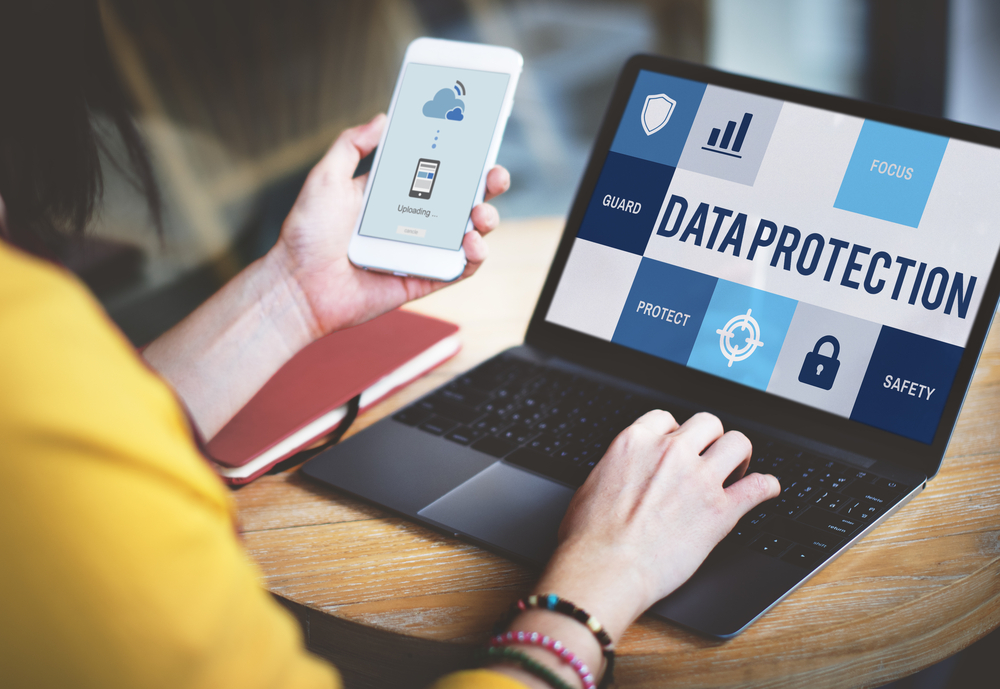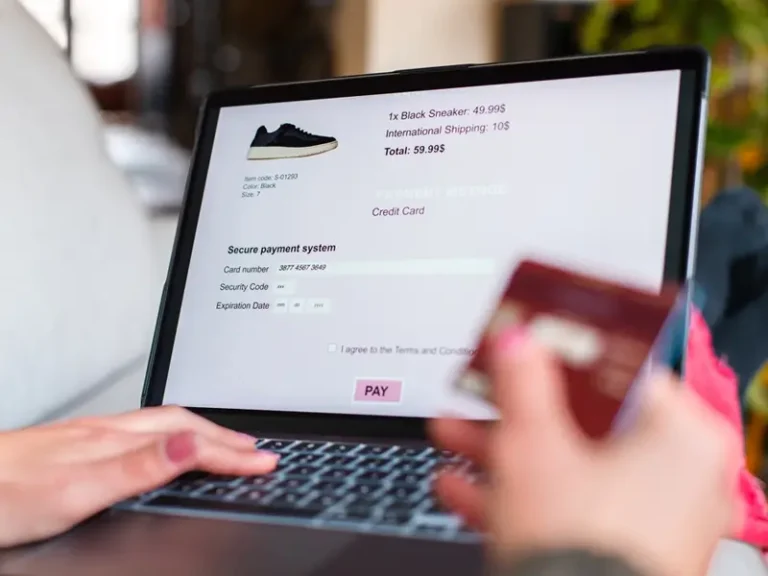I was working in my home office recently, starting to write up a communication for colleagues at ESW to mark International Data Privacy Day, when my 10-year-old came in, saw the strapline, and said “Wait, Mum – there’s a Data Privacy Day?! What happens on Data Privacy Day, is it like St. Patrick’s Day?” (being Irish, this was obviously the first national holiday that sprang to his mind!).
That got me thinking….what does happen on Data Privacy Day, what is it all about and why is it important to mark it?
What is it?
Well, the genesis of Data Privacy Day, or Data Protection Day as it’s also commonly known, dates back 41 years to the opening for signature of Convention 108 by the Council of Europe – the first – and still only – legally binding international agreement on Data Privacy and Protection. Since then, Convention 108 has contributed to the growth and development of data privacy and protection law within the EU and beyond, laying the groundwork for the EU General Data Protection Regulation (GDPR) and other international privacy laws such as the California Consumer Privacy Act (CCPA).
In 2006, the Council of Europe decided to launch an official Data Protection Day, to be marked annually on 28 January, and which is now celebrated globally on the same day every year.
Why is it important?
The purpose of Data Privacy Day is to raise awareness of the importance of data protection and privacy, to inform individuals of their rights and to promote best practices.
Your personal information has immense value. We hear all the time that data is the new currency, and this has never been truer than now in this ever-increasing digital world we live in. Our personal data is constantly being processed: when we buy goods or services, work, travel, browse the internet, exercise – even when we order our favourite pizza!
A new era awaits with continued rapid advancements in technologies and the inevitable blurring of lines between what’s real and what’s an augmented reality or “metaverse version” of oneself and surroundings. The anticipated increased use of AI in biometric recognition systems, and the concept of having a “human digital twin” is now a real possibility, that a few years ago sounded more like something from a sci-fi novel! The need for data privacy and protection is therefore not going away. On the contrary, it is escalating.
We should, therefore, all strive to treat our own and others’ personal data with the level of importance and respect it deserves. It can sometimes be easy to forget there is a real person behind the data, so Data Privacy Day helps to remind us all of our responsibilities in this respect.
How can we celebrate International Data Privacy Day?

There are lots of things we can do to mark the occasion – both as individuals and within organisations that hold and use personal data (everyone, basically!).
As Individuals
We should make a conscious effort to protect the privacy of our own data. There are a lot of useful tips and information available to help us with this, such as:
- Stay Informed. Take the time to research and make informed decisions before signing up for new services by checking out the provider’s Privacy Notice for more information.
- Manage Your Privacy Settings. When faced with cookies choices, take the time to select and update your preferred “consent” options, and regularly clear cookies from your browser which can be used for unwanted advertising purposes.
- Manage Your Passwords. “password” is an ultra-easy to remember. But it was also the most common password used worldwide in 2022 – and took hackers under one second to crack! Where possible, use a 12-digit password that incorporates uppercase, lowercase, numbers, and symbols, or try a trusted password manager.
- Be Online Shopping Savvy. Avoid using public Wi-Fi while browsing. Don’t click on suspicious links or attachments in emails, on websites or on social media. Know your seller by doing your research (look for ‘https’ in the web address). Then, monitor the delivery process so you can tell when the goods have dispatched and are en route to you.
- Don’t Put Off Those Updates. Make sure your computer and smartphone are using the most up-to-date operating systems to protect them from viruses and malware.
- Know Your Rights. Many of today’s privacy laws offer people various rights to help control how their personal data are used by companies. Get familiar with those rights and exercise them if you need to.
As Organisations
Organisations should welcome Data Privacy Day. They should view it as an opportunity to raise awareness within their business on the importance of protecting customer data and to help promote a healthy culture of privacy within their organisations. If you haven’t done so already, consider doing the following:
- Educate Your Staff. The best defence against data breaches (and the inevitable fallout of regulatory scrutiny and reputational damage that can arise from serious data breaches) is the vigilance of your people. Run regular training and awareness sessions and make these as relatable as possible. Understanding is key.
- Empower Your Staff to be Your Trusted Gatekeepers. Encourage and embed a culture of Data Privacy by Design and Default. Weave data protection and privacy into the DNA of your business from HR to marketing to product design and delivery.
- Lead by Example. Commit to protecting your customers’ and employees’ personal data. Invest in having appropriate and robust technical and organisational measures in place to safeguard this data. Elevate the discussion of privacy and security matters to the highest level of your organisation. Give it the proper consideration it deserves.
Cheers to Data Privacy Day
So, now you know what International Data Privacy Day is about and why it’s important. Please join me in celebrating the occasion by raising a large glass of awareness to the right to data protection. Maybe it’s a little like St. Patrick’s Day after all!
ESW is committed to protecting the privacy of customer data for all of our global clients. Our world-class systems help ensure our clients comply with all regulations and that their customers’ data is secure and protected. Contact us today to learn how we can open ecommerce channels for your brand while protecting customers’ personal data.




